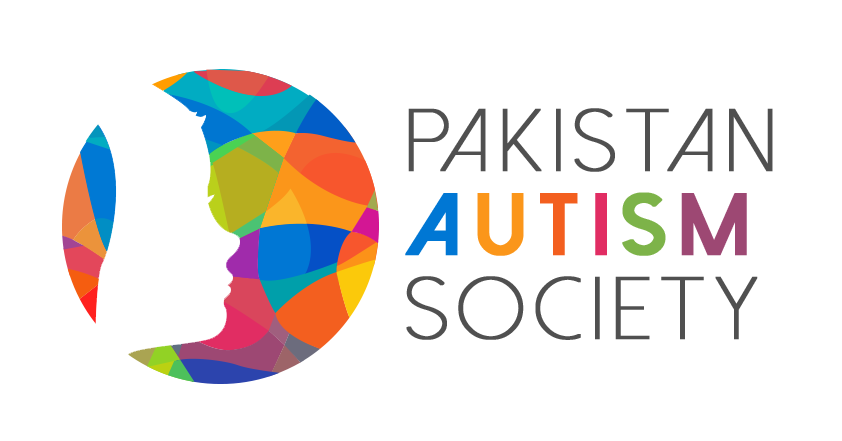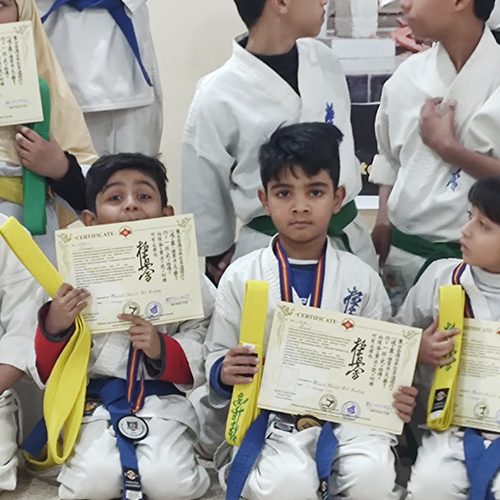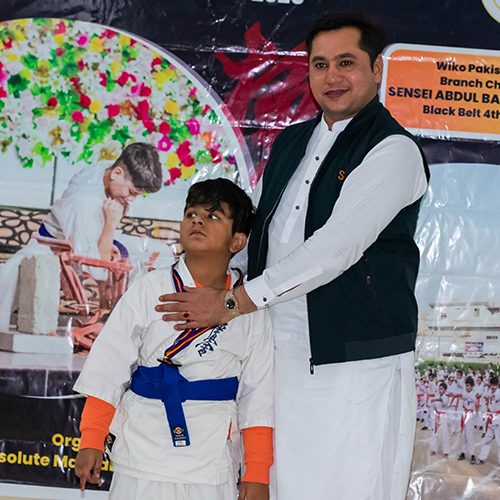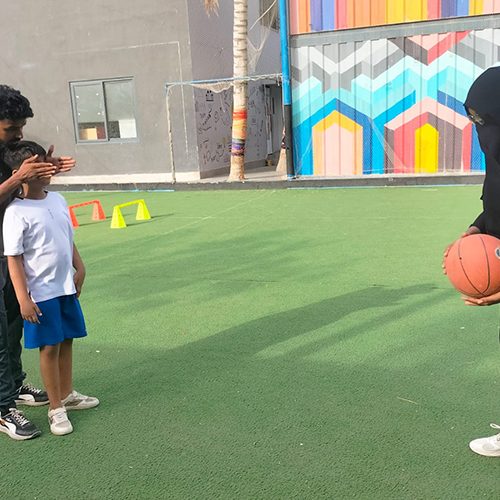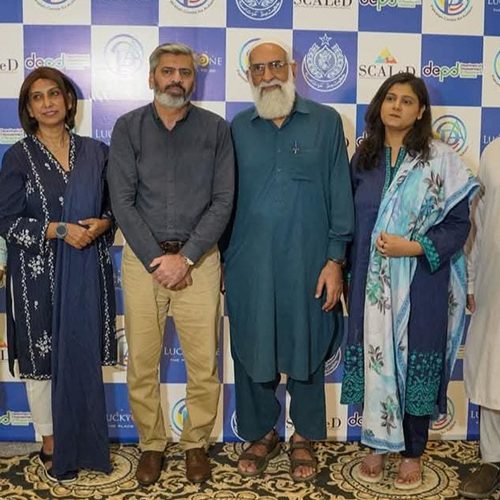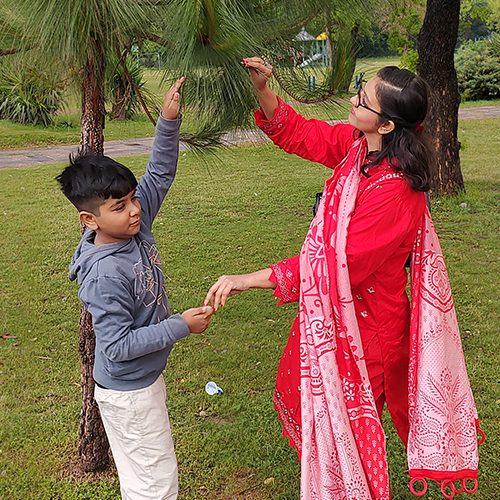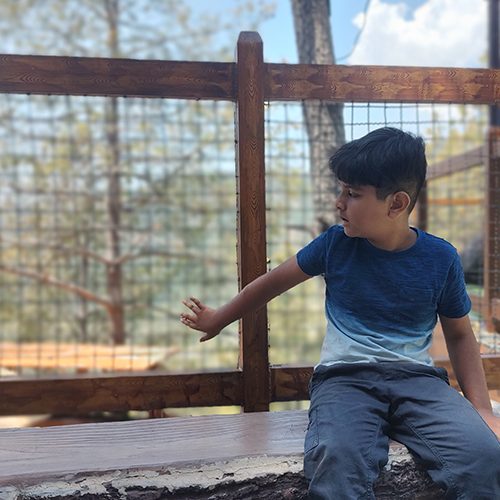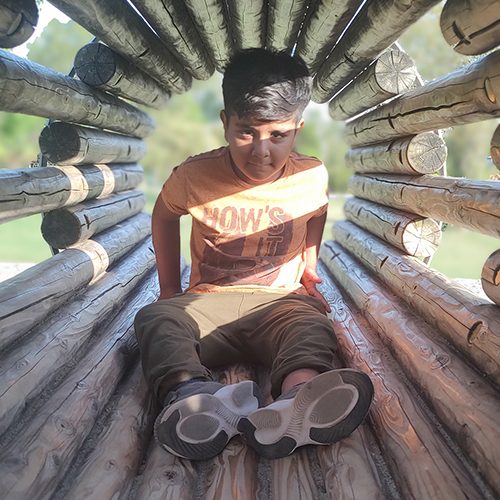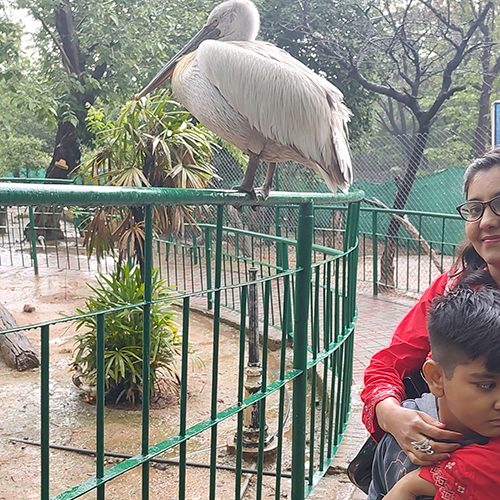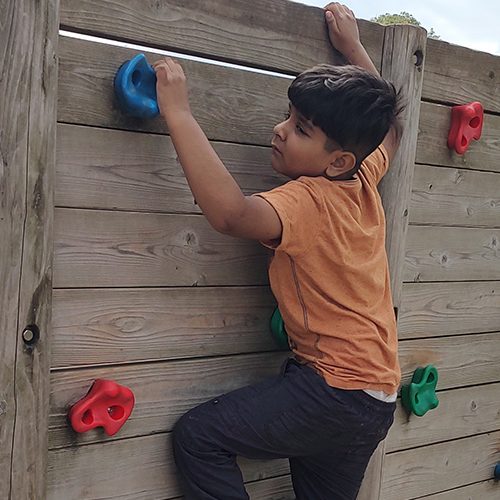Autism in Pakistan is often misunderstood, and nowhere is this more painfully clear than in the country’s rural communities. While cities like Karachi, Lahore, and Islamabad are making slow progress toward awareness and services for children with Autism Spectrum Disorder (ASD), rural families continue to face an invisible struggle — fighting against stigma, lack of resources, and silence.
Lack of Awareness: The First Barrier
In Pakistan’s villages, unusual behaviors in children are often seen through the lens of superstition or poor upbringing. Very few people recognize autism for what it is: a neurological difference, not a disease or a curse. Without early diagnosis and early intervention, children are left without the support they need at a critical stage in their development.
Mass awareness campaigns, especially involving local teachers, religious leaders, and media, are essential to bust myths and encourage acceptance.
Shortage of Resources and Services
In cities, families can at least attempt to access autism centers and therapy services. In rural areas, however, an entire district may not have a single trained therapist or special educator. Government health facilities are overwhelmed and under-resourced. Families are left with the impossible choice of traveling long distances to cities or simply doing without help.
Telehealth and mobile therapy initiatives could help bridge this gap, especially given the widespread use of mobile phones in Pakistan (over 190 million cellular subscribers).
The Heavy Cultural and Social Stigma
Mothers often bear the brunt of the blame for a child’s differences. Accusations of negligence, curses, or “bad blood” are still tragically common. This societal judgment isolates families even further, causing immense emotional damage.
Community-based interventions — training Lady Health Workers, empowering school teachers, and offering parent support groups — could create much-needed social safety nets.
A Way Forward: Bridging the Urban-Rural Divide
- Mass Awareness Campaigns: Use radio, TV, and mobile platforms.
- Train Rural Health Workers: Equip Lady Health Workers with autism knowledge.
- Mobile Therapy Clinics: Bring therapy services to villages.
- Telehealth Services: Offer virtual therapy and training.
- Government Action: Enforce rural-inclusive autism policies.
Change is possible. With the right efforts, rural Pakistan can become a place where autistic children are understood, accepted, and given the chance to thrive
